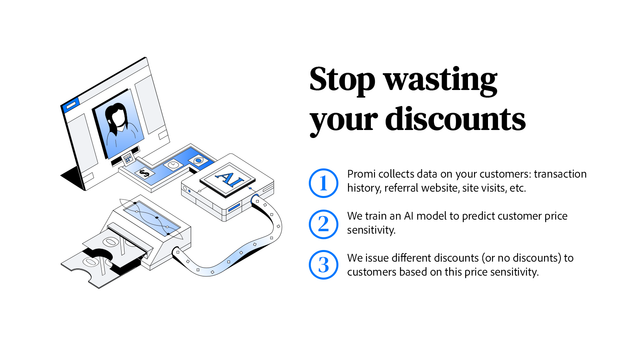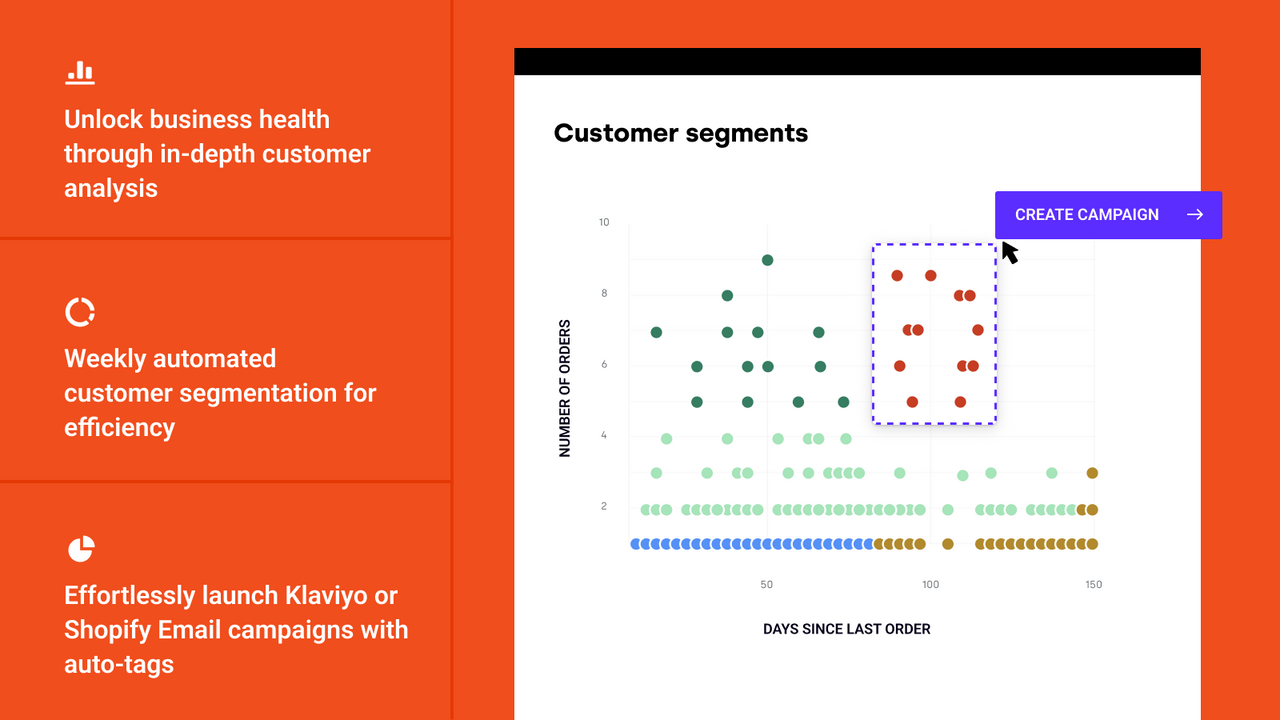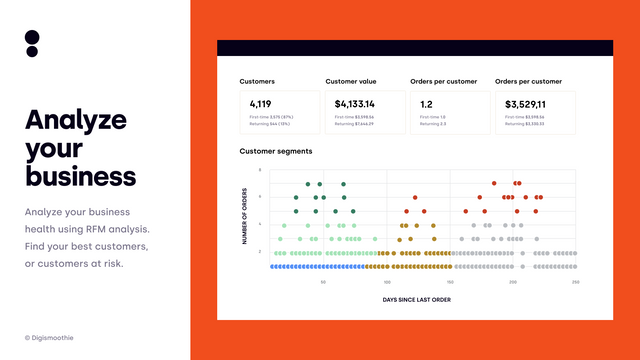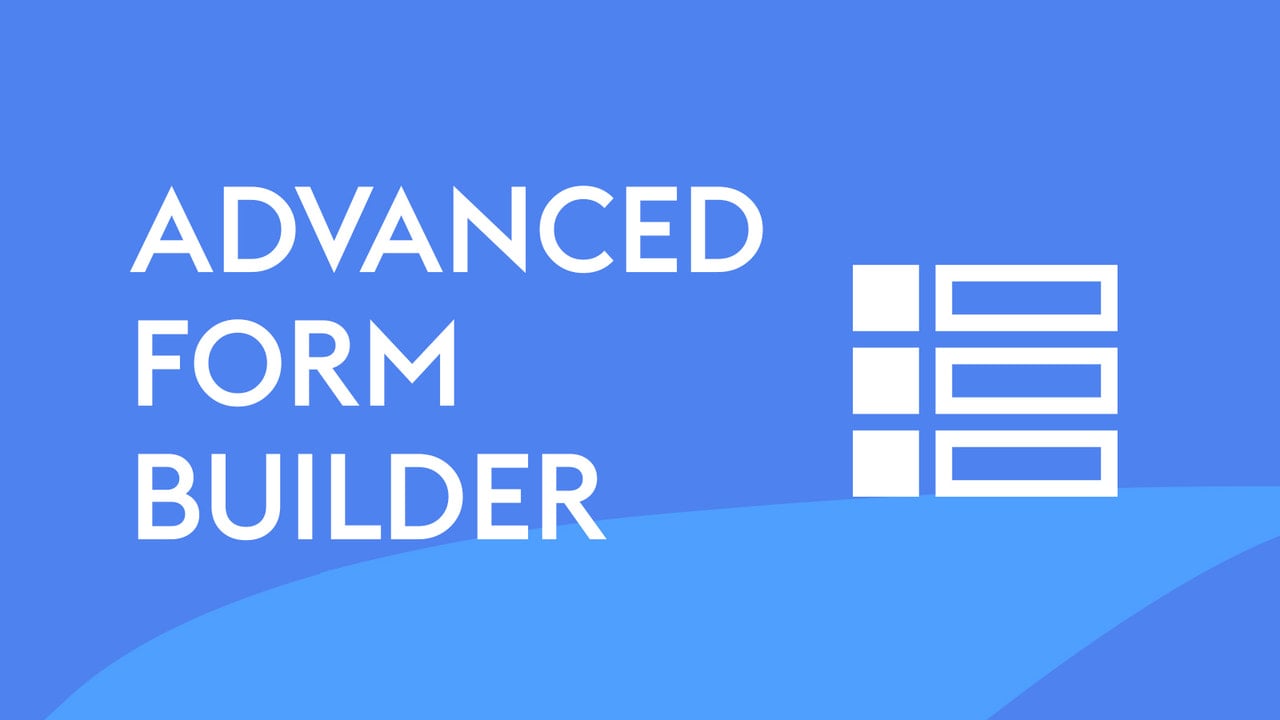Conversion optimisation is a crucial aspect of any successful online business. By understanding how to improve conversion rates, you can maximize the number of visitors who take the desired action on your website, whether it's making a purchase, signing up for a newsletter, or filling out a contact form. In this comprehensive guide, we will explore the science behind conversion optimisation and provide you with essential strategies and tools to boost your online success.
Understanding Conversion Optimisation
Welcome to the world of conversion optimisation! In this article, we will delve deeper into the concept and explore its significance for online success. So, let's get started!
What is Conversion Optimisation?
Conversion optimisation is a multifaceted process that revolves around improving your website's performance in converting visitors into customers or leads. It goes beyond simply attracting traffic to your site; it focuses on maximizing the desired outcomes.
At its core, conversion optimisation involves analyzing data, testing different strategies, and making changes to your website to increase the likelihood of conversions. It is a continuous effort to enhance user experience, remove barriers, and optimize the conversion funnel.
By understanding the needs and behaviors of your target audience, you can tailor your website to meet their expectations and guide them towards taking the desired actions. This could be making a purchase, filling out a contact form, subscribing to a newsletter, or any other action that aligns with your business goals.
Why is Conversion Optimisation Important for Online Success?
Conversion optimisation plays a pivotal role in achieving online success. It is not just about driving traffic to your website; it is about converting that traffic into valuable customers or leads. Here's why it is crucial:
- Increased Revenue: By improving your conversion rates, you can boost your revenue without necessarily increasing your marketing budget. Every visitor who converts into a customer or lead adds to your bottom line, making conversion optimisation a cost-effective strategy.
- Expanded Customer Base: Converting more visitors into customers or leads allows you to grow your customer base. By continuously optimizing your conversion funnel, you can attract and retain a larger audience, leading to sustainable business growth.
- Data-Driven Decision Making: Conversion optimisation relies heavily on data analysis. By tracking and analyzing user behavior, you gain valuable insights into what works and what doesn't. This data-driven approach empowers you to make informed decisions and implement changes that have a higher probability of success.
- Continuous Improvement: Conversion optimisation is an ongoing process. It encourages you to constantly evaluate and refine your website's performance. By regularly testing different strategies, you can identify areas of improvement and make iterative changes to enhance the user experience and increase conversions.
Ultimately, conversion optimisation allows you to make the most of your website's potential. It helps you align your online presence with your business objectives, ensuring that every visitor has a higher chance of becoming a valuable customer or lead.
So, whether you are an e-commerce store looking to increase sales or a B2B company aiming to generate more leads, conversion optimisation is a vital component of your online success. Embrace it, analyze it, and optimize it to unlock the full potential of your website!
The Science Behind Conversion Optimisation
Conversion optimisation is a fascinating field that combines psychology and data-driven experimentation to improve the performance of websites. By understanding the psychology behind consumer behavior and applying key principles of conversion science, businesses can effectively influence visitors' decision-making process and increase conversion rates.
The Role of Psychology in Conversion Optimisation
Psychology plays a crucial role in conversion optimisation. By tapping into consumers' cognitive biases and understanding their motivations, businesses can create persuasive experiences that nudge visitors towards taking the desired action.
One important principle used in conversion optimisation is social proof. People tend to follow the actions of others, especially when they are uncertain about what to do. By showcasing testimonials, reviews, and social media shares, businesses can leverage social proof to build trust and credibility, ultimately increasing conversions.
Scarcity is another powerful psychological principle that can be employed in conversion optimisation. When people perceive a product or service to be limited in availability, they are more likely to take immediate action to avoid missing out. By creating a sense of urgency through limited-time offers or limited stock notifications, businesses can tap into this psychological bias and drive conversions.
Persuasive language is also a key component of conversion optimisation. By using compelling and persuasive copywriting techniques, businesses can effectively communicate the value and benefits of their products or services. This can include highlighting unique selling points, emphasizing the problem-solving capabilities of the offering, and creating a sense of emotional connection with the target audience.
Key Principles of Conversion Science
Conversion science involves the systematic and data-driven approach to optimizing conversion rates. By conducting experiments and analyzing the results, businesses can gain valuable insights into what works and what doesn't, allowing them to make informed decisions to improve website performance.
A popular technique used in conversion science is A/B testing. This involves comparing two or more versions of a webpage or element to determine which one performs better in terms of conversions. By randomly splitting the traffic and measuring the outcomes, businesses can identify the specific elements that have the greatest impact on conversion rates. This could include variations in design, layout, color schemes, call-to-action buttons, or even different headlines.
Another important aspect of conversion science is the use of analytics and data analysis. By tracking user behavior, businesses can gain insights into how visitors navigate their website, which pages they spend the most time on, and where they drop off in the conversion funnel. This data can then be used to identify areas of improvement and make data-driven decisions to optimize the user experience and increase conversions.
Continuous improvement is a fundamental principle of conversion science. By constantly testing, analyzing, and iterating, businesses can ensure that their website is always evolving and improving. This iterative approach allows businesses to stay ahead of the competition and adapt to changing consumer preferences and behaviors.
In conclusion, conversion optimisation is a multidisciplinary field that combines psychology and data-driven experimentation. By understanding the psychology behind consumer behavior and applying key principles of conversion science, businesses can create persuasive experiences and continually improve their website's performance to drive higher conversion rates.
Building a Conversion Optimisation Strategy
Setting Conversion Goals
Before you can effectively optimize your website for conversions, you need to define clear conversion goals. These goals should align with your overall business objectives and give you a measurable target to work towards. Whether it's increasing sales, generating leads, or improving engagement, setting specific and achievable goals is essential.
Identifying Your Target Audience
Understanding your target audience is crucial for conversion optimisation. By defining your ideal customer and gaining insights into their needs, desires, and pain points, you can tailor your website content, design, and messaging to resonate with them. This personalized approach increases the likelihood of conversions.
Creating a User-Friendly Website
A user-friendly website is fundamental for conversion optimisation. By ensuring that your website is easy to navigate, loads quickly, and offers a seamless user experience, you can reduce friction and improve the chances of visitors taking the desired action. Clear and intuitive navigation, compelling copy, and appealing visuals are essential elements to consider.
Essential Tools for Conversion Optimisation
A/B Testing Tools
A/B testing tools allow you to test different versions of your website and compare their performance. They enable you to experiment with changes to elements such as headlines, images, call-to-action buttons, and layout. By analyzing the data collected from these tests, you can identify the most effective elements and make data-driven decisions for future optimizations.
Heatmap Tools
Heatmap tools provide valuable insights into how visitors interact with your website. They use color-coded visual representations to highlight areas of high and low user engagement. By analyzing these heatmaps, you can identify areas of improvement, such as optimizing the placement of important elements or removing distractions that may hinder conversions.
Conversion Rate Optimisation Software
Conversion rate optimisation software offers a comprehensive suite of tools and features to streamline and enhance your conversion optimization efforts. These tools often include A/B testing capabilities, analytics dashboards, user behavior tracking, and personalized recommendations. Using such software can simplify the process and provide valuable insights for improving your conversion rates.
Implementing Conversion Optimisation Techniques
Landing Page Optimisation
Landing pages play a crucial role in driving conversions. By optimizing your landing pages for specific campaigns or target audiences, you can increase the likelihood of visitors taking the desired action. Elements such as compelling headlines, clear value propositions, and persuasive calls-to-action can significantly impact the conversion rates of your landing pages.
Call-to-Action Optimisation
The design and placement of your call-to-action buttons can have a significant impact on conversions. By using contrasting colors, compelling copy, and strategic placement, you can make your call-to-action buttons more prominent and increase their click-through rates. Testing different variations and analyzing the results will help you determine the most effective strategy for optimizing your call-to-action buttons.
Email Marketing Optimisation
Email marketing is an effective strategy for nurturing leads and driving conversions. By optimizing your email campaigns, you can increase open rates, click-through rates, and conversions. Personalized and relevant content, compelling subject lines, and clear call-to-action buttons are crucial elements to consider when optimizing your email marketing efforts.
By understanding the principles and implementing proven techniques of conversion optimisation, you can significantly boost your online success. Continuously analyzing data, experimenting with different strategies, and making data-driven decisions will help you continuously improve your website's performance and achieve your business goals.
Ready to take your Shopify store to the next level? Let Owlfred, your wise and friendly owl companion, guide you through OwlMix's extensive directory of Shopify apps. With a curated selection tailored to your business needs, you're just a click away from discovering innovative solutions to optimize your online store. Don't miss out on the opportunity to enhance your e-commerce success. Find your next Shopify app today and watch your conversion rates soar!

















